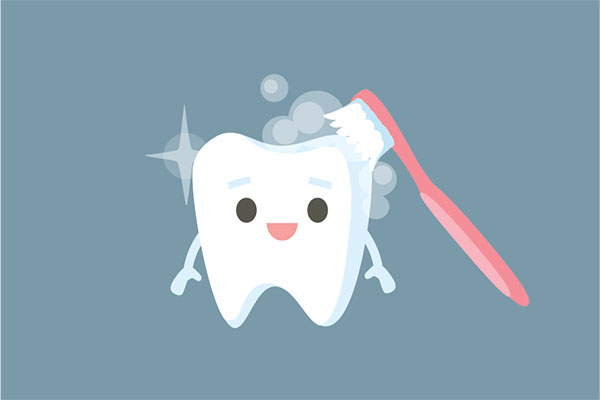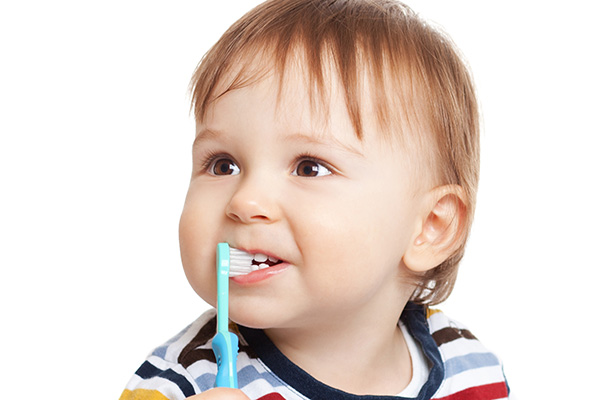 Your pediatric dentist can answer your questions about pacifier use and thumb-sucking. All newborns need to suck. It is an instinctive behavior for feeding. For some infants, sucking is calming and soothing. This adorable behavior can use thumbs or pacifiers. If you want to know more about pacifier use and thumb-sucking, here are some questions for your pediatric dentist.
Your pediatric dentist can answer your questions about pacifier use and thumb-sucking. All newborns need to suck. It is an instinctive behavior for feeding. For some infants, sucking is calming and soothing. This adorable behavior can use thumbs or pacifiers. If you want to know more about pacifier use and thumb-sucking, here are some questions for your pediatric dentist.
What should a parent consider when selecting a pacifier?
Knowing the baby is important when shopping around for a pacifier. These accessories come in various sizes and shapes. Pacifiers also come with hard, medium, and soft nipples. For first-time parents, trial and error is often the way to find out what suits the baby most.
The shield of the pacifier should be one and a half inches in diameter or more. This will make sure that the pacifier will not get into the baby’s mouth. The pacifier’s shield should be firm with airholes. A pediatric dentist would recommend following the cleaning instructions for the pacifier. Parents should boil the pacifier first before the baby uses it.
There should also be extra pacifiers. These baby accessories tend to fall or disappear whenever babies need them most. A pediatric dentist would disagree about replacing the pacifier nipple with a regular bottle nipple. The baby might suck hard and dislodge the nipple. This would then be a choking hazard. Taking note of the pacifier’s expiration date also helps keep things fresh for the baby.
What precautions should the parent remember before offering a pacifier?
A pediatric dentist will recommend giving a pacifier during bedtime or nap time. Studies show that it reduces the baby’s risk of SIDS (sudden infant death syndrome). Breastfeeding moms should wait for three to four weeks before offering a pacifier. This will be enough time for breastfeeding to become a routine.
The baby should only have a pacifier when the baby is not hungry. A pediatric dentist will not advise parents to replace a meal with a pacifier. Forcing the baby to take a pacifier is not good. Tying the pacifier to the crib, the baby’s hand or neck is dangerous.
When should thumb-sucking and pacifier use stop?
Being aware of the child’s sucking habit helps parents know when to start discouraging it. This behavior becomes a problem between two and four years of age. Active sucking beyond the age of four may affect the normal development of the jaw and mouth. It may even cause dental misalignment. The child will need teeth-straightening treatment to prevent broken front teeth. Talking to a pediatric dentist can help determine if it is time for the baby to stop sucking.
How can parents help their child stop the habit?
In many cases, babies stop on their own. If the baby is having difficulty stopping the habit, reprimands and yelling will not help. Instead, praise the baby each time the sucking stops. Distracting the baby with fun activities or songs can also help.
Visit your pediatric dentist today
Sucking is an instinctive behavior in babies. After a time, your baby should stop the habit. Extended, active sucking behavior can lead to jaw, teeth, and gum development issues. An appointment with your pediatric dentist can help guide you about thumb-sucking and pacifier use.
Request an appointment or call Precision Orthodontics & Pediatric Dentistry at 703-391-8800 for an appointment in our Reston office.
Recent Posts
Our pediatric dentist says good oral hygiene for babies starts even before their first tooth erupts. Tooth decay is the most common dental issue that affects children, and acids created by oral bacteria cause it.A child’s first tooth should erupt by the time they are six months old, and it is typically an upper incisor.…
Dental exams from the pediatric dentist are necessary to keep your child's dental health on track. The primary (baby) teeth of your child prepare the way for their permanent teeth. According to the American Dental Association and the American Academy of Pediatric Dentistry, a child should see a dentist when their first teeth emerge or…
Understanding the dental issues your pediatric dentist can treat will give you peace of mind. Children tend to be prone to falls and bumps. They are fond of sweets, and their teeth are still developing. Catching and treating pediatric dental issues early is important for your child’s dental health. If you want to know the…


